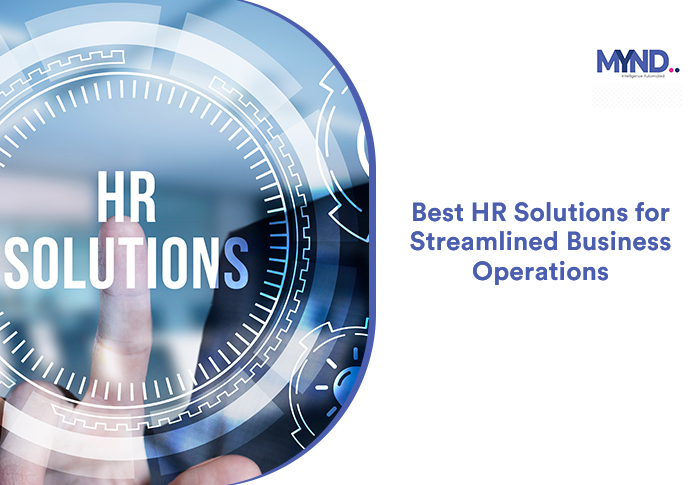How Can Payroll Management Be Improved
 |
| How Can Payroll Management Be Improved |
Payroll is the mechanism through which a business compensates its employees for tasks performed, while also adhering to labor laws and managing proper documentation. An efficient online payroll management system ensures that workers are paid fairly and consistently, freeing HR to concentrate on other aspects of the company. An Acumen Research and Consulting report found that the global market for HR payroll management services was valued at US$23,489 million in 2021 and is anticipated to grow to US$52,867 million by 2030, with a CAGR of 9.5% from 2022 to 2030.
Key Trends in Payroll Management
The expanding global workforce is a major driver of demand for employee payroll management systems. Additionally, the adoption of automated software by enterprises is bolstering the market position of payroll management companies. The market has grown significantly in the last few years, with more expansion projected. Flexible solutions enable businesses to integrate and standardize complex organizational processes, increasing the market share of the sector.
Unlocking Efficiency with Enhanced Payroll Management
Managing payroll efficiently has a direct impact on a company's financial health, making it critical for firms to optimize their payroll processes. Slow, error-prone, or overly complex payroll systems can lead to fines or delayed payments, affecting the relationship between the company and its employees. Here are some best practices for optimizing online payroll management systems:
Invest in Payroll Management Services: Payroll process issues often stem from how a company chooses to handle payroll. Investing in contemporary employee payroll management systems can significantly improve efficiency. Features such as direct payments, integrated time and attendance, and tax compliance reduce the administrative time needed for payroll processing.
Create Payroll Calendars: Establishing a payroll calendar helps employees understand payment dates and timecard due dates. It also aids in planning and executing payroll tasks. Most online payroll management systems can automatically build a payroll calendar, but a spreadsheet can also be used. A comprehensive payroll calendar simplifies payment processing and reduces uncertainty for employees.
Train HR in Payroll Management: HR professionals, while specialized in hiring and tracking employee information, should also be trained in payroll management. This enhances payroll administration processes, improves team cohesion, reduces manual or double work, increases collaboration, and avoids conflicts.
Distribute Payroll Tasks Among HR Staff: If one or two payroll processors are struggling to complete payroll in a timely manner, consider distributing the responsibilities. Dividing payroll duties among multiple people helps meet deadlines, handle volume, improve accuracy, and reduce fraud. Tasks such as verifying and processing payroll data, authorizing payroll journal entries, and reviewing monthly payroll reports should be shared.
Maintain Transparency in Payroll Management: Employee misunderstandings of the payroll system can cause issues, often due to insufficient information about pay rules or lack of access to them. Implementing a transparent payroll policy can resolve several payroll concerns, including unpaid taxes and incorrect personnel classifications.
Audit the Payroll Process: Regular audits of the entire payroll process are necessary, especially if payroll calculations are frequently questioned. This is particularly true for businesses using manual timekeeping systems, which are prone to inaccuracies. Even automated systems can be affected by data entry mistakes, such as incorrect tax status or outdated pay rates.
Invite Employee Feedback: Ensure that employees are aware of your payroll procedures by asking for their input and encouraging questions. Communication helps identify misunderstandings. By seeking employee suggestions for improvement, staff will be more receptive to any modifications.
Implementing these best practices can significantly enhance the efficiency and accuracy of your payroll management system, fostering a better relationship between the company and its employees while ensuring compliance with labor laws.



Comments
Post a Comment